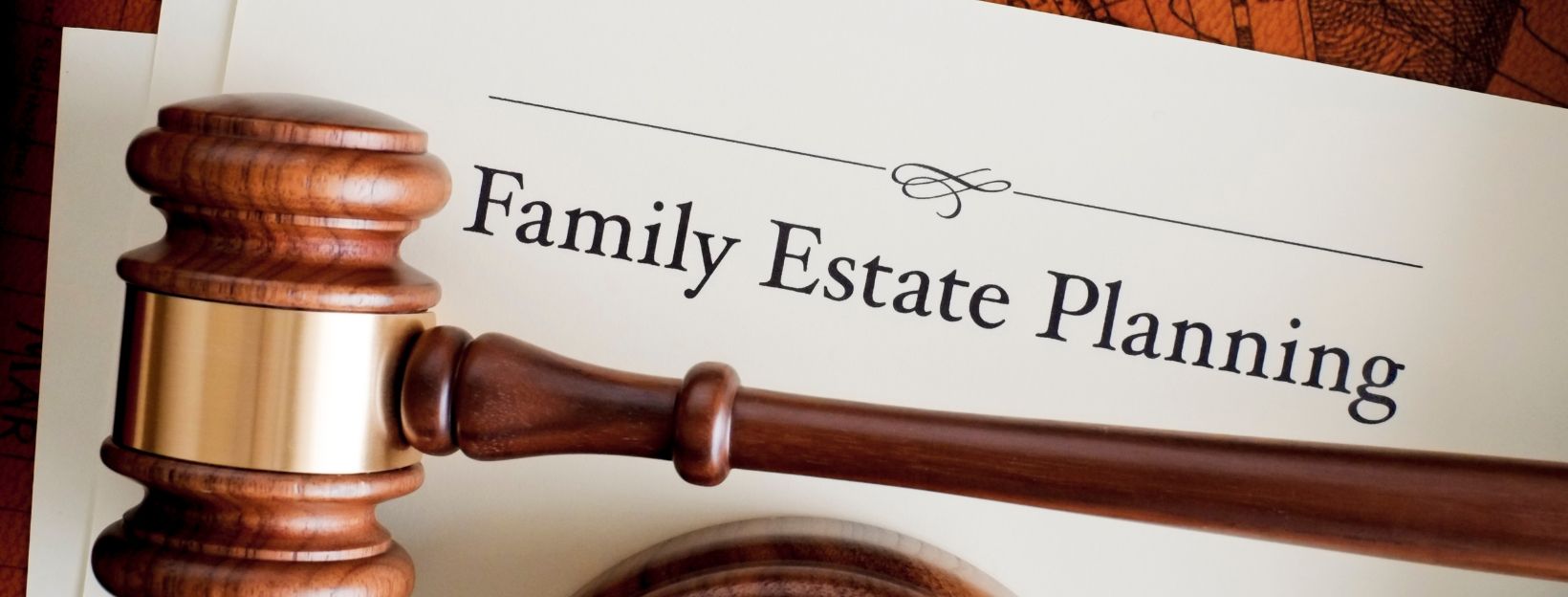Bringing two families together into one new blended family is a beautiful thing. With more people to love and share your life with, a blended family creates new bonds and expands your circle of loved ones.
However, blending families also brings up new estate planning considerations. With additional spouses, children, and complex relationships to account for, extra care and communication is required when making an estate plan for a blended family.
Update Your Will Thoughtfully
One of the most important estate planning tasks for a blended family is updating your will. Your will needs to clearly reflect your wishes on how assets will be divided up in case of your death.
With a blended family, specifically naming all family members and spelling out what percentages of the estate they are to receive is crucial. Don't just leave a generic "divide evenly between spouse and children"—list each person by name. This removes doubt and helps prevent disputes from arising.
Make sure you review and update your will on a regular basis as family dynamics shift—for example, as children from previous relationships come of age. Don't neglect keeping your will up-to-date.
Consider Using Trusts
For blended families with minor children or unique circumstances, trusts can be extremely helpful estate planning tools. A trust allows you to control how and when assets are distributed to beneficiaries.
For instance, if you pass away, assets held in trust for your minor children can be managed by the surviving parent or another guardian until the children come of age. Trusts can also provide income to a surviving spouse while preserving assets to eventually pass to your shared children.
An estate planning attorney can advise if a living trust or other trust options would be beneficial for your blended family. Trusts provide control over asset distribution that a basic will does not.
Review All Beneficiaries
Here’s an easy mistake to make: forgetting to update beneficiaries on key assets after your family blends. Review the beneficiary designations on your life insurance policies, retirement accounts, and any transfer-on-death accounts. Update these documents to reflect your current wishes.
Properly naming beneficiaries will ensure these non-probate assets pass to the right people. Don't leave money on the table for your new family members because of outdated paperwork.
Communicate Your Plans Openly
To avoid potential disputes and confusion, speak openly with your spouse and older children about your estate plan. Give them a clear picture of your intentions by sharing details on how assets will be distributed through your will, trusts, and beneficiaries.
This upfront communication prevents shock and helps set clear expectations. Have discussions about what’s equitable and how to balance the complex dynamics of a blended family.
Treat All Children Fairly
Think carefully about how to treat all children and stepchildren equitably in your estate plan. While different children may have different financial needs, be cautious of showing favoritism or disregarding “your” and “my” children in your will.
Think about what message your estate plan sends about how you valued the different people in your blended family. Keep the lines of communication open as you make sensitive planning decisions.
Work With Professionals
Creating an estate plan for a blended family situation is complicated. Don’t go it alone. Work closely with estate planning pros like attorneys, accountants, and financial advisors who understand blended family dynamics.
These experts can help you create a plan tailored for your unique situation. From legally binding wills and trusts to strategies for providing for special needs children, professionals have experience with the complexities. Invest in this expertise.
Estate planning for blended families requires special care and attention. Thoughtfully consider each family member, communicate openly, and work with experienced professionals to ensure your wishes are followed and your expanded family is provided for. Be sure to revisit your plan regularly as your family grows and changes over the years.
We help families of all types plan so that their savings, home and other property passes the way they intend. This involves getting to know you and your family and having a complete understanding of each spouse’s wishes. If you’d like to discuss your particular situation, please contact us to schedule a consultation.
more news you can use



Still have questions?











